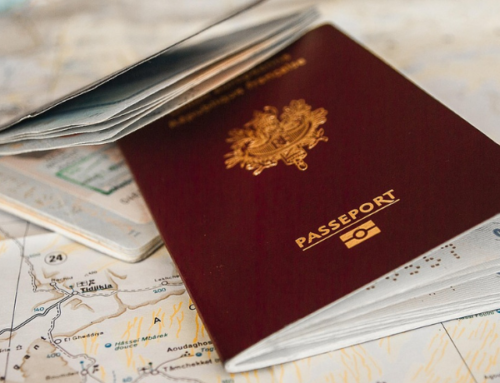Cash vs. Card: Which is Better for Foreign Currency?
When traveling abroad, the debate between cash and card for handling foreign currency is always top of mind. Both options have their pros and cons, and the best choice depends on your travel needs. Here’s a quick guide to help you decide:
Using Cash
Pros:
- Widely Accepted: Cash works almost everywhere, even in small shops or rural areas without card machines.
- No Additional Fees: Once you have exchanged your currency, there are no extra transaction fees.
- Better Budget Control: It’s easier to track spending and avoid overspending with a fixed amount of cash.
Cons:
- Risk of Loss or Theft: If your cash is stolen or lost, it’s gone for good.

Using a Card
Pros:
- Convenience: No need to carry large amounts of cash, and transactions are quick and easy.
- Security: Lost or stolen cards can be blocked and replaced.
Cons:
- Fees: Some cards charge foreign transaction fees or ATM withdrawal fees.
- Exchange Rates Vary: When paying with your card, exchange rates can be less favorable, with hidden costs attached.
- Not Always Accepted: Small vendors or markets may require cash payments.
- Risk of Loss or Theft: If your card gets blocked or stolen, you will have no means for payment during your holiday. You might have to wait for your card to get unblocked by the bank.
.

What’s the Best Option?
Cards are great for cities with widespread card acceptance but cash is essential. The ideal solution would be to change your money before your travels, so you arrive with enough emergency cash. Be sure to always double check your destination currency!
Always carry enough cash for emergencies and small expenses, and rely on your card for bigger purchases.








